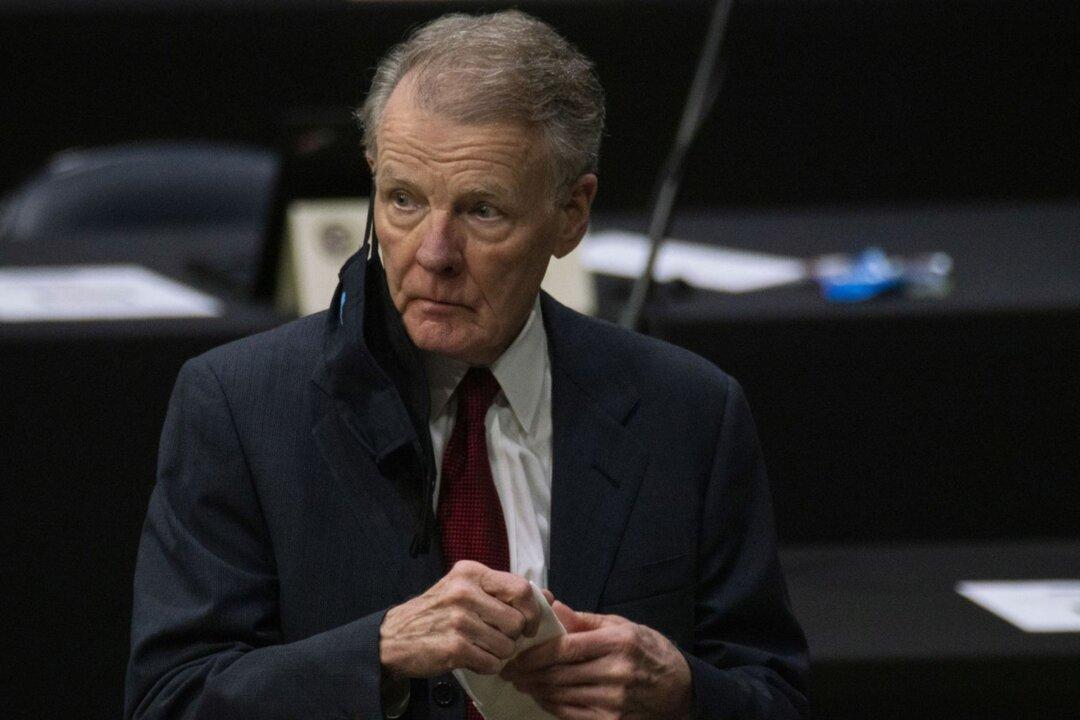By Jason Meisner and Ray Long
From Chicago Tribune
CHICAGO—In his nearly four decades atop Illinois’ political power structure, former House Speaker Michael Madigan was well-known for his aversion to talking on the phone.

CHICAGO—In his nearly four decades atop Illinois’ political power structure, former House Speaker Michael Madigan was well-known for his aversion to talking on the phone.